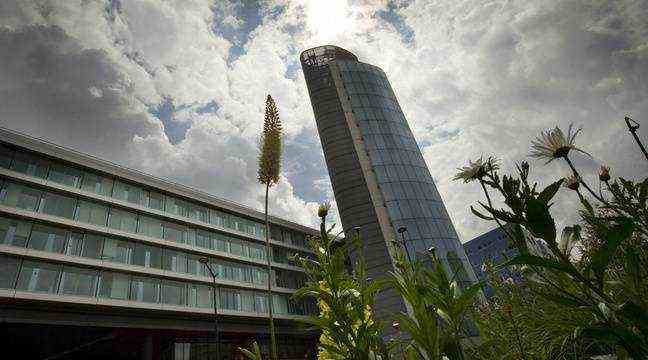The headquarters of the Regional Council, in Lille. – M.Libert / 20 Minutes
- The Observatory for the ecological transition of territories has just published its Enviroscore ranking.
- Hauts-de-France comes last in terms of the results of policies in favor of ecological transition.
- The region is particularly bad on environmental health, agriculture and public procurement.
The Observatory for the ecological transition of territories has just published its Enviroscore, a tool that assesses the impact of policies implemented by regions in favor of ecological transition. The ranking established for the last term, between 2016 and 2021, is not brilliant for anyone since the Grand-Est region, the best student, only obtains a score of 10.3 / 20. For Hauts-de-France and its outgoing president, Xavier Bertrand, it’s just a disaster.
The association, which ensures that it is completely independent of any political influence, was able to establish its Enviroscore on the basis of data made available by “public authorities but also professional or associative organizations”. And for the sake of transparency, all the data used as well as the methodology used can be downloaded from the website. Enviroscore.fr. The general ranking is the average of the scores obtained by the regions in 7 categories: energy, environmental health, biodiversity, transport, agriculture, buildings and responsible public purchasing. And in the region this average is 5/20.
There is some very bad, but also some not so bad
To type directly where it hurts, Hauts-de-France come last in three categories, starting with environmental health. According to the Observatory, episodes of air pollution have barely decreased over the past 6 years, going from an annual average of 70 days to 67 days. The other criterion in this category, pesticides, is worse since the figures show a jump in their use “of 25% in three years”.
Second category where we arrive last: agriculture. Of the 7 criteria assessed, the worst concern water consumption (+ 10% on average per year), organic production (2.1% of agricultural land) or, as mentioned above, the use of pesticides. .
On responsible public purchasing, Hauts-de-France is also lagging behind according to the Observatory. The latter criticizes the regional council for not having committed to a “Scheme for the Promotion of Socially and Ecologically Responsible Purchases”
It is also necessary to underline what is not going so badly. And in the “transport” category, we are defending ourselves, particularly in terms of TER use (+ 8.1%), fossil energy consumption (-0.1%) and the number of charging stations for vehicles. electric.

